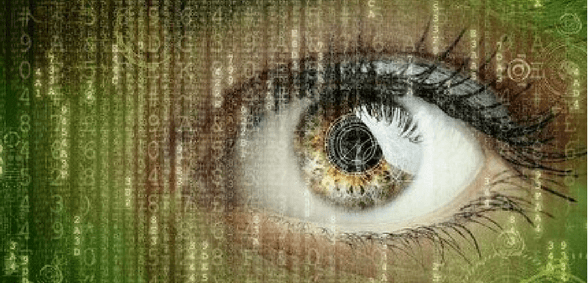
As Babylon Health tests the abilities of its medical AI, the Royal College of GPs explains why technology will never replace real doctors
Babylon Health has stated that its own artificial intelligence (AI) is just as effective as a real doctor and that it can pass England’s GP exam.
The company has already tested its technology on the questions that are available publicly and scored 81%. The average passing score for medical students in the UK is 72%.
The technology has also been tested with 100 different sets of symptoms – it achieved 80% accuracy, with real doctors scoring between 64% and 94%.
However, many healthcare professionals have hit out at Babylon Health, stating that AI cannot compete with real GP-patient relationships.
Professor Martin Marshall, vice chair of the Royal College of GPs, said:
“The potential of technology to support doctors to deliver the best possible patient care is fantastic, but at the end of the day, computers are computers, and GPs are highly-trained medical professionals: the two can’t be compared and the former may support but will never replace the latter.
“No app or algorithm will be able to do what a GP does. Every day we deliver care to more than a million people across the UK, taking into account the physical, psychological and social factors that may be impacting on a patient’s health; we consider the different heath conditions a patient is living with, and medications they might be taking, when formulating a treatment plan. Much of what GPs do is based on a trusting relationship between a patient and a doctor, and research has shown GPs have a ‘gut feeling’ when they just know something is wrong with a patient.
“An app might be able to pass an automated clinical knowledge test but the answer to a clinical scenario isn’t always cut and dried, there are many factors to take into account, a great deal of risk to manage, and the emotional impact a diagnosis might have on a patient to consider. This is why the College’s MRCGP assessment, which all GPs must now pass in order to practise independently in the UK, has three elements and is designed to test not just clinical knowledge, but also the ability to make evidence-based decisions, and to deliver person-centred care through effective communication with patients and colleagues.
“It is also the case that the exam-preparation materials, used by Babylon in this research, will have been compiled for revision purposes and are not necessarily representative of the full-range of questions and standard used in the actual MRCGP exam, so to say that Babylon’s algorithm has performed better than the average MRCGP candidate is dubious.
“Babylon’s GP at Hand service uses technology in a way that some patients like. But some don’t, and the way it is being used risks undermining and damaging traditional general practice services. The College has publicly criticised GP at Hand for ‘cherry-picking’ patients, leaving traditional GP services to deal with the most complex patients, without sufficient resources to do so. We stand by this: we do not endorse Babylon, or its GP at Hand service, being used in the way that it is, in the NHS.
“Technology has the potential to transform the NHS, but it must be implemented in an equitable way, that doesn’t benefit some patients, and not others, and is not to the detriment of the general practice service as a whole.”
Don’t forget to follow us on Twitter, or connect with us on LinkedIn!

Be the first to comment